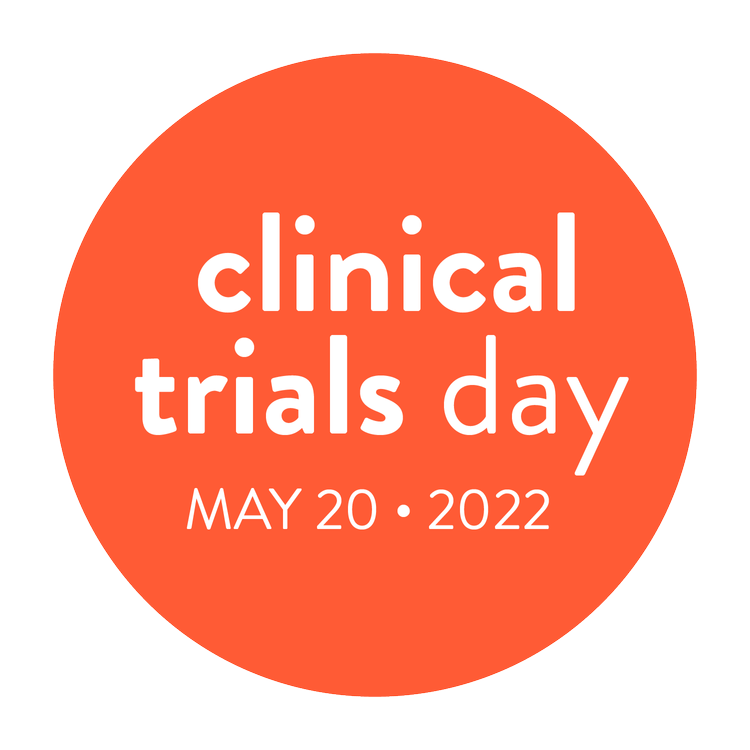Health equity is having a moment in clinical trials, but are we making enough progress?

Clinical trials provide the critical evidence base for evaluating the safety and efficacy of new medicines and medical products. However, the lack of diversity in clinical trials is a global health equity challenge and has real implications for public health. A recent study of trials involving 150,000 patients in 29 countries over the past 21 years showed that the ethnic makeup of the trials was about 86 per cent White.[i]
However, diversity not only includes ethnicity and hard-to-reach (HTR) populations, but also gender, socioeconomic status and different backgrounds. We need to enhance representation in clinical trials to ensure the safety and efficacy of treatments is accurate in the specific patient populations. This is a moral, scientific, and medical issue and rightly an area of critical need for change.
Since COVID-19, health inequities have only been further magnified and are front and centre in the delivery of care, healthcare quality, workforce diversity, and importantly, diversity in clinical trials. This is a key moment for health equity and an opportunity to find meaningful, sustainable solutions.
Today, on Clinical Trials Day, we launch our health equity expert panel session Making Progress: Overcoming Diversity Challenges in Clinical Trials discussing key challenges and the real opportunities to improve representation in clinical trials. Watch the virtual session on-demand:
Our independent expert panel, chaired by Ketchum’s North America President, Neera Chaudhary, shared their perspectives on the historical barriers to participation, why the focus on diversity is having its moment now and the practical actions we can collaboratively take throughout the healthcare ecosystem to engage and advance diversity in clinical trials.
The panel discussed many factors that can affect participation in clinical trials, including the costs associated with a patients’ involvement, preferred clinical sites involved and selected by pharmaceutical companies, the cost of sourcing a more diverse patient cohort, healthcare professionals supporting recruitment and enrolment to name a few.
Patient advocate Wenora Johnson stated that, in the US, people are 27% less likely to join a clinical trial if their annual household income is below $50,000 – average salary in households of colour is $40,000, so many cannot afford to be part of a trial. This is already a barrier for participation.
Jane Thurston, Parexel agreed and said, “We must make trials accessible. Pharma companies want to use certain sites and there is not a lot of effort to try different sites.” Also, “If transportation offered, what does that really mean? Is it paying them back after the trial or paying them up front? If they have to miss a day’s work to do that and then don’t get paid back for a month, there is no choice if they’re low income and have to pay bills.”
Dr Paula Wray, NIHR and ARC Oxford and Thames Valley explained it isn’t just the cost of participating for patients, but in the UK, if a patient takes part in a trial, and they are on benefits, they could be at risk of losing their benefit because they are given money to participate and this affects their income. So, the system has to understand what the implications are for all patients taking part from whatever group they come from.
Ash Rishi, CEO at COUCH also mentioned that the cost impacting diverse recruitment into clinical trials is a myth. “We are not approaching it from right strategies …. if you can get it right from a patient community point of view from the off and not have to redo the trial the second time around, it’s broadly the same. We need to build relationships with the patient communities.”
Accessibility was a running theme and changing the way trials are done in terms of recruitment, but also in how they are run was an interesting perspective to consider. Running them in the community setting and local hubs, rather than at larger clinical / hospital sites could reduce the challenges with costs for patients, travel requirements/needs, but also allow more people to participate – making them much more inclusive.
As communications specialists at Ketchum with an understanding of health equity and the increased focus on this from our clients and within the healthcare industry, we have a role to play in this and can help to improve awareness and understanding of underrepresented communities.
The panel shared some thoughts on what can be done to create inclusive educational campaigns and support resources. Ideas included getting ‘boots on the ground’ and educating people about clinical trials within communities to dispel myths and mis-information which causes so many barriers to uptake. There is also the need for peer to peer conversations and ‘people like me’ to engage the right audiences. We should be working with key community groups, religious groups, community leaders and even social influencers to develop tailored solutions and create a level of understanding and trust. It is two-fold for communicators. We need to work with them to create the right communications approach and then implement it across the right channels, communities etc. This seems very simple, but will pave the way to greater representation.
The panel closed by asking what messages would give potential patients /patient advocates getting into clinical trials, an entry. The panel concluded that education and understanding is key; having accessible information for patients and within communities. Another consideration was that of visual information and finding innovative ways to reach these patients to help them understand what is expected. Explaining how trials work (including the section process) may alleviate some of the mistrust and will help rebuild trust.
This isn’t something that will change overnight but also something that cannot be ignored. It requires addressing on a global and local level by governments, pharmaceutical companies, patient advocacy groups / patient advocates, community leaders / representatives, academics, health care providers, healthcare professionals, technology experts, and clinical research organisations. The time is now.
Written by Nina Vadjaraganian, Ketchum Health
[i] https://www.scientificamerican.com/article/clinical-trials-have-far-too-little-racial-and-ethnic-diversity/
